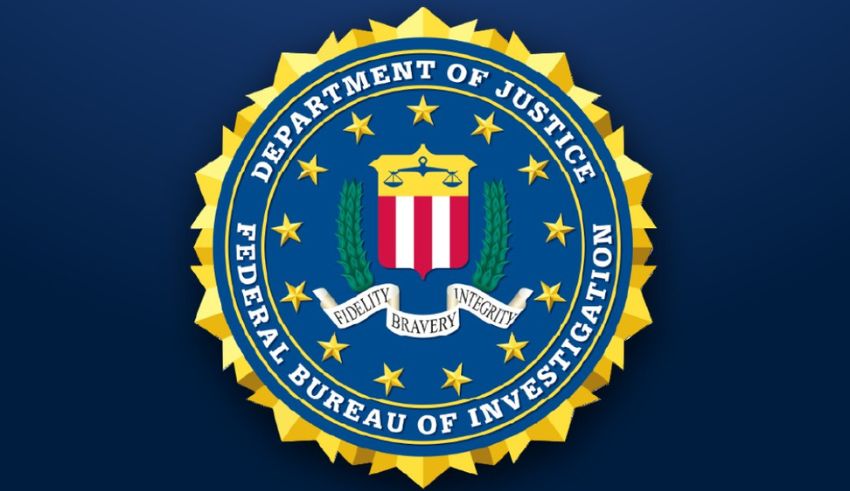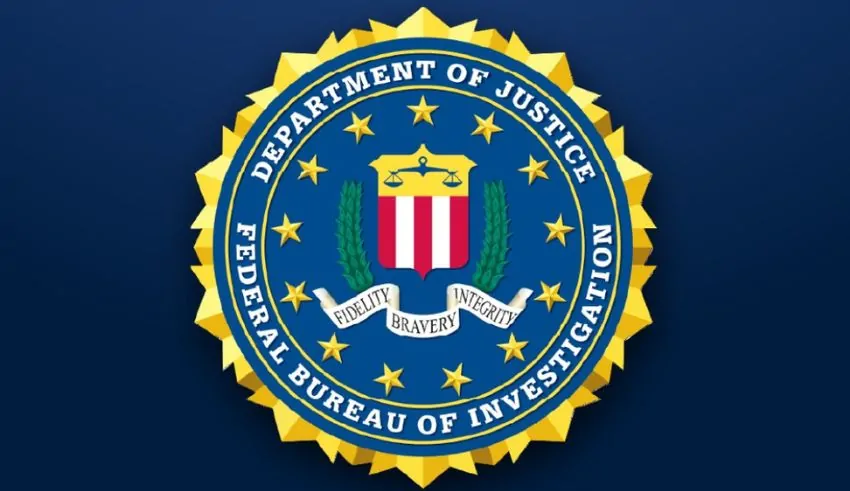

(C) FBI
Due to major security concerns, the FBI is advising both Android and iPhone users to avoid immediately sending regular text messages to each other. Unencrypted text messaging between these two platforms is progressively accessible to hackers and third parties who might intercept private chats, the government agency notes. To safeguard their personal information and communications, the FBI instead counsels consumers to migrate to encrypted messaging apps such as WhatsApp, Signal, or other safe communication apps.
Growing cybersecurity issues call for this cautionary alert since hackers—including a group known as “Salt Typhoon—have allegedly attacked multiple American networks. With the possibility to expose civilian as well as official communications, these breaches are thought to be more widespread and bigger than first known.
While text messaging between the two platforms does not share the same degree of security, phone conversations between devices of the same brand—Android-to-Android or iPhone-to-iPhone—are typically safe. Malicious actors can intercept standard SMS text messages—which are not encrypted—thus gaining access to private data.
By means of end-to- end encrypted messaging services, on the other hand, the message content is unreadable to everyone except the sender and the designated recipient. This indicates that a hacker cannot decode the data without the correct decryption key even if they intercept it. This technology is used by many messaging apps including Signal, WhatsApp, and Telegram, which increases their security for communication above conventional SMS or MMS.
The FBI’s warning underlines the need of using contemporary communication technologies with built-in encryption and strong security mechanisms. This includes selecting devices that routinely get software updates, using apps with robust encryption mechanisms, and allowing multi-factor authentication (MFA) on accounts connected to email, social media, and collaborative tools. These methods protect communications against possible hazards and hacker efforts.
The FBI’s alert also emphasizes an increasing pattern of deliberate cyberattacks directed against those engaged in political or governmental activity. Still, experts point out that these strikes go beyond well-known targets. Less safe communication methods have drawn more attention from hackers, so regular people run the danger of having their personal data hacked.
The FBI’s main advice on personal protection is to simply change from ordinary SMS messages to encrypted messaging apps. For example, WhatsApp provides default encryption for all calls and messages, therefore guaranteeing that even should hackers find access to the data stream, they cannot view the contents of your conversations. Signal also offers free, encrypted texting and telephony services, thus matching degrees of protection.
Apart from utilizing safe messaging apps, users are advised to implement other security precautions including making sure the running system of their phone is current. Many smartphone upgrades include important security fixes meant to help address vulnerabilities hackers might find use for.
The FBI has also underlined the need of avoiding phishing attempts, which can fool consumers into disclosing private data including passwords or access codes. Phishing-resistant MFA technologies let users add even more security to their accounts, therefore lowering the danger of unwanted access.
Targeting mostly people engaged in government and political activities, Salt Typhoon, the hacking organization behind the recent surge of cyberattacks on U.S. systems, Still, these strikes affect national security and personal privacy more generally. The acts of Salt Typhoon highlight the growing complexity of cyberattacks and the need of people to be proactive regarding their digital security.
The FBI warns that as technology develops hackers are getting more skilled in using flaws in communication systems. Users should remain alert and follow safe procedures to stop their personal data from getting into the incorrect hands. Although well-known personalities and government officials are especially vulnerable, common people should not believe they are free from these dangers.
Given the continuous threat posed by groups such as Salt Typhoon, the FBI and other cybersecurity agencies are probably going to keep warning the public and providing instructions to enable personal protection. The terrain of cybersecurity is changing quickly, hence consumers have to keep updated about any weaknesses and act early to protect their information.
If you haven’t already, think about changing to a safe messaging software like WhatsApp or Signal and make sure your gadgets are routinely upgraded to guard against the most recent dangers. Right now, before the next cybercrime strikes, is the moment to act. Following these guidelines can help you greatly lower your personal data exposure or compromise risk.
This Saturday, Estoril Praia, one of the best football teams in Portugal will wear a notable green and yellow kit…
Hong Kong Post announced it is stopping the mailing of goods to the United States, referring to what they perceive…
Honda to Transfer U.S.-Bound Civic Hybrid Production from Japan to Indiana Honda brings production of its five-door Civic hybrid back…
The Barcelona Open Banc Sabadell presents exciting ATP 500 matches on Wednesday, with important clashes scheduled on different courts. The…
Filipino FIDE Master Christian Gian Karlo Arca who is 16 years old won a major victory by beating German Super…
Tim Hortons is entering the market through its K-pop idol Mark Lee by appointing him the first ambassador ever from…
This website uses cookies.
Read More